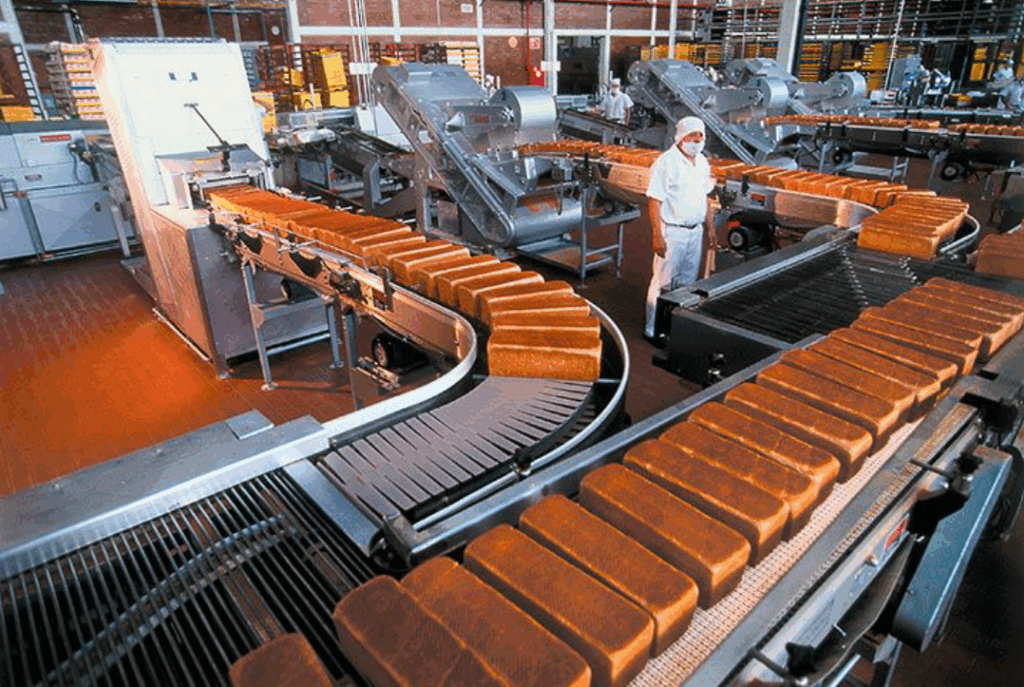The Growing Importance of the Food Industry Mexico
The food industry Mexico is becoming a powerhouse in Latin America, with consistent growth driven by urbanisation, rising incomes, and changing consumer habits. From traditional markets to global fast food chains, this sector now plays a major role in Mexico’s economy.
Much of the success in the food industry Mexico comes from the increasing demand for processed and packaged foods, especially in cities. Local businesses and international brands are racing to keep up with consumer expectations around convenience, health, and flavour.
Key Sectors Driving the Food Industry Mexico
Several sectors push the food industry Mexico forward, including agriculture, food processing, beverage production, and distribution. Among them, food processing continues to be one of the largest contributors to Mexico’s GDP.
Snack foods, dairy, soft drinks, and baked goods have shown strong performance in the food industry Mexico, with both domestic consumption and exports increasing. Companies that adapt quickly to trends such as plant-based products and functional foods are gaining market share.
Major Players in the Food Industry Mexico
The food industry Mexico is home to major international companies like Nestlé, Coca-Cola, and Grupo Bimbo, along with thousands of small- and medium-sized food producers. These players compete for attention in both retail shelves and foodservice outlets.
Grupo Bimbo, one of the world’s largest bakery companies, is a standout success story from the food industry Mexico. It shows how Mexican firms can scale globally while staying rooted in local tastes and supply chains.
How Exports Strengthen the Food Industry Mexico
Exports are a major growth area for the food industry Mexico, especially in fresh produce, avocados, beer, and processed foods. The U.S. remains Mexico’s top trading partner, thanks in part to favourable logistics and trade agreements.
Beyond the U.S., the food industry Mexico is finding opportunities in Europe and Asia. As demand for high-quality, traceable food increases globally, Mexican exporters are tapping into niche markets for organic, specialty, and ethnic foods.
Technology’s Impact on the Food Industry Mexico
New technologies are transforming how the food industry Mexico grows, packages, and delivers products. Automation, smart agriculture, and AI are being adopted to improve efficiency and reduce costs across the supply chain.
Traceability and food safety tech are also becoming essential in the food industry Mexico, as companies respond to rising standards from global buyers and domestic regulators. This digital shift is reshaping how food companies operate and compete.
Challenges Facing the Food Industry Mexico
Despite growth, the food industry Mexico faces challenges including inflation, labour shortages, and supply chain disruptions. Costs for ingredients, packaging, and transportation have increased, squeezing profit margins.
Food safety, water scarcity, and climate change are additional concerns within the food industry Mexico. These pressures require coordinated efforts from government, farmers, and industry leaders to maintain progress.
Consumer Trends Shaping the Food Industry Mexico
The food industry Mexico is adapting to changing consumer demands around health, convenience, and sustainability. People are paying more attention to nutritional labels, organic ingredients, and environmental impact.
This shift is pushing companies in the food industry Mexico to develop better-for-you options like low-sugar drinks, vegan snacks, and gluten-free baked goods. Brands that communicate transparency and values are gaining customer loyalty.
Sustainability in the Food Industry Mexico
Sustainability is no longer optional for the food industry Mexico. Water conservation, renewable energy use, and waste reduction are now top priorities for many food manufacturers.
From packaging redesigns to reducing food waste, more companies in the food industry Mexico are implementing ESG (Environmental, Social, and Governance) practices. These changes not only improve efficiency but also appeal to conscious consumers and international partners.
Government Support and Regulation in the Food Industry Mexico
The Mexican government plays a key role in regulating and supporting the food industry Mexico through food safety rules, agricultural subsidies, and trade policy. Agencies like SENASICA and COFEPRIS oversee quality and safety standards.
Public-private partnerships are also important in the food industry Mexico, especially for promoting food exports and innovation. National food strategies and investment incentives aim to keep the industry competitive globally.
Opportunities for Foreign Investment in the Food Industry Mexico
Foreign investment is helping shape the future of the food industry Mexico. Global firms are expanding operations, building new facilities, and collaborating with local partners to serve both domestic and export markets.
The size, diversity, and growth of the food industry Mexico make it an attractive market for foreign investors looking for long-term returns. Investment in cold chain logistics, e-commerce, and sustainable food production is particularly promising.
Final Thoughts on the Food Industry Mexico
The food industry Mexico is full of momentum, innovation, and potential. With strong local demand, rising exports, and ongoing investment, this sector is expected to keep growing in the years ahead.
Anyone interested in trade, retail, manufacturing, or agriculture should be watching the food industry Mexico closely. It’s a dynamic space full of opportunities for entrepreneurs, investors, and policymakers alike.
